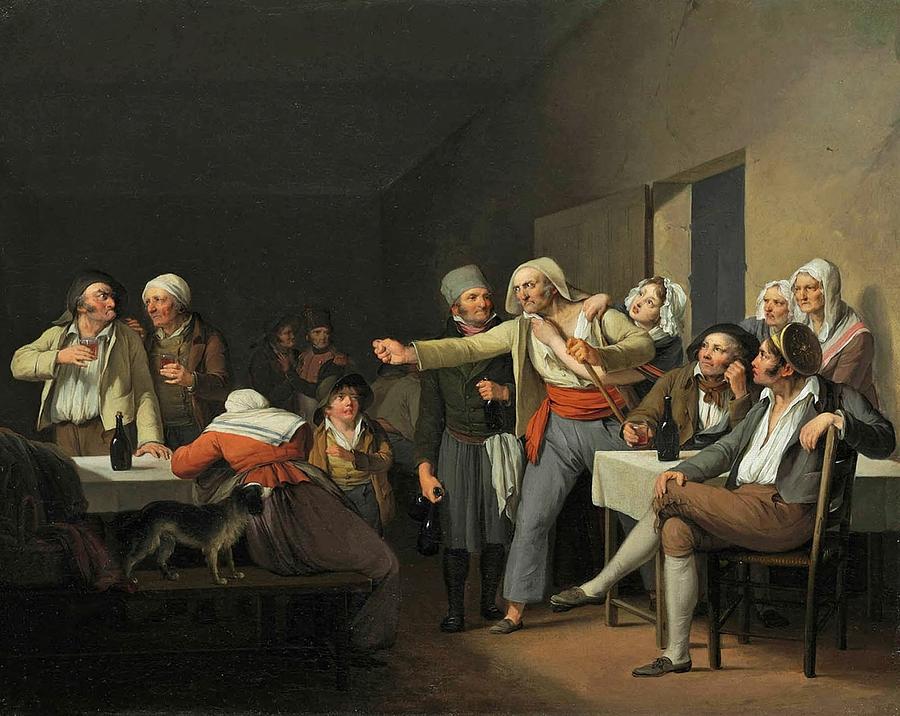While the action (Third Level Approach) has the freedom and includes many elements of fun and play, in the fourth level we gradually return to the strict character of the lesson.
We concentrate on the scientific subject and concretize the conclusions that emerged from the previous levels of approach.
The experiential process, the images, and the representations created during the action must be embedded in the memory of the students as knowledge.
This is achieved under two conditions:
A. The teacher has to choose an effective, meaningful, and “rich” action for the third level of approach. This action should also (kinesiology, improvisation, painting, etc.) be close to the subject. According to the definition of tragedy by Aristotle, tragedy is an imitation [mimēsis] of an action that is serious, complete, and of a certain magnitude (ἔστιν οὖν τράγῳδία μιμήσις πράξεως σπουδαίας και τελείας). This definition is, also, valid in our case, as both the action and what precedes it has to be serious and complete.
B. The teacher has to formulate some questions that will clearly connect the action with the lesson. These questions have to specify and clarify the characteristics of the action that took place.
For example, if we stick to the example of Galileo and the debate we organized, then the teacher should ask specific questions. These questions should be based on what Galileo took into account to conclude that the earth revolves around the sun and not the sun around the earth, as his accusers of the Holy Examination insisted.
Without a doubt, the previous stage (third level of approach) was riven with drama because of the accusations of the judges of the Holy Examination to Galileo. In this stage, however, the dramatic elements are abandoned and we concentrate more on the physical, scientific data and the measurements that prove that the planets of our solar system have specific orbits which they follow, within given and measurable intervals, distances, etc. (And, thus, Galileo was right to contradict the “darkness” of the examiners)

